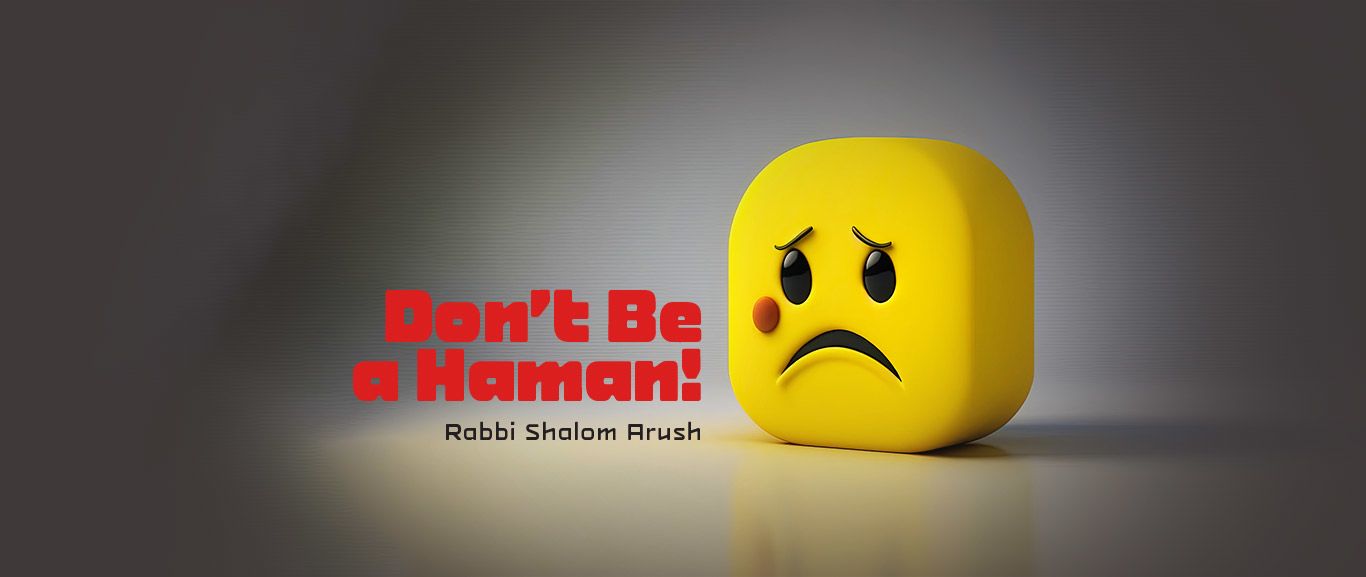
Don’t Be a Haman
How can a parent expect a child to celebrate a holiday with joy, when the parent has a long face? How can a parent expect to raise a Mordechai when he himself is a Haman?

Translated by Rabbi Lazer Brody
How can a parent expect a child to celebrate a holiday with joy, when the parent has a long face? How can a parent expect to raise a Mordechai when he himself is a Haman? It’s clear that if the parent does not live his life with joy, he certainly cannot teach joy to his children. A parent whose tools are stringency, harsh warnings and rebuke will only cast darkness on his children, not joy.
A parent who fails to be a joyous Jew is himself in danger. What can he lean on if he encounters a difficult test in life? After all, he is not really content with his Judaism. He doesn’t thank G-d profusely with all his heart for  he harbors many complaints. Since everything comes from Hashem, as we learn so thoroughly in The Garden of Emuna, his unhappiness and complaints are really directed at Hashem. How can such a parent expect to raise children who love Hashem and Judaism?
he harbors many complaints. Since everything comes from Hashem, as we learn so thoroughly in The Garden of Emuna, his unhappiness and complaints are really directed at Hashem. How can such a parent expect to raise children who love Hashem and Judaism?
We can only make others happy or teach them to be happy when we ourselves live in happiness.
Rebbe Nachman guides that the first step in properly raising children is to teach them to say “thank you.” By teaching our children to say thank you for everything, we remind them that everything belongs to Hashem and comes from Him. Our children must know that everything we receive in life is a manifestation of His loving kindness and mercy. For this, we must say thank you for everything, for Hashem doesn’t owe us anything and we deserve nothing. For example, when you give your child a cup of water, teach him to thank Hashem and his parents; parents are the conduit through which a child receives what he needs.
Our gratitude must be two-fold: First, to the conduit through which Hashem provides us the goodness or abundance, such as husband to wife, wife to husband, child to parents, student to teacher, poor person to rich person, and so forth; second, to the Creator, the source of all abundance.
Take nothing for granted. If a wife gives her husband a freshly laundered shirt, the husband must thank her for the trouble she took in laundering and ironing it. And of course, a second expression of gratitude must go to the Creator, Who gave him the clean shirt by way of his wife. Here’s another example: If a person receives a one-thousand dollar cash gift, he must thank the donor, and then immediately in front of the donor, thank Hashem for giving him the thousand dollars through this person.
If a person says only one thank you – to the person from whom he receives abundance – he turns the giver into the source of the abundance. That is why it is important to thank Hashem in front of the benefactor. By doing so, he declares that he sees the donor as Hashem’s conduit through which he received this abundance. Yet, he surely must not fail to thank his benefactor because it’s crucial to acknowledge and appreciate the immense favor that the benefactor does by granting the gift.
Thanking a benefactor is of utmost importance. If a person only thanks Hashem for the good that He does through His creations, without thanking the benefactor, he will ultimately stop thanking Hashem as well. Our Sages teach that anyone who scorns the good that another person did for him will ultimately scorn G-d’s good. Pharaoh offers this behavior as an example, as he scorned the tremendous good that Joseph did for him. When Egypt was relieved of the famine that had vanquished the land, Pharaoh pretended that he no longer knew Joseph – in other words, he showed disdain toward the good that Joseph had done by store-housing grain for the lean years. Soon after, Pharaoh showed disdain for G-d as well, saying, “Who is G-d, that I should listen to His voice?”
How could have Pharaoh said, “Who is G-d?” After all, Hashem had shown him miracles; his dreams twice to warn him of the impending famine, and He sent Joseph to decipher his dreams and make an economic plan that saved all of Egypt. After all that outpouring of goodness, Pharaoh still had the audacity to ask, “Who is G-d?” His heresy began when he refused to recognize Joseph; that itself is terrible ingratitude. How could he ignore Joseph, in whose merit and the entire land of Egypt still existed?
We must even show gratitude to the inanimate objects that serve us, and not ruin them. For example, we should avoid stepping on articles of clothing, being sure to thank Hashem for them. By forgetting to thank Hashem for one’s possessions, one forgets that he received them from Him.
With the above in mind, we must surely say “Al HaNissim” (For the miracles…) with tremendous joy on Purim. If we thank Hashem for a pair of socks – and rightfully so – how much we have to thank Him for saving us from the worst existential threat of Jewish history! And the more we thank Him, the more reasons He’ll give us to thank Him, amen!


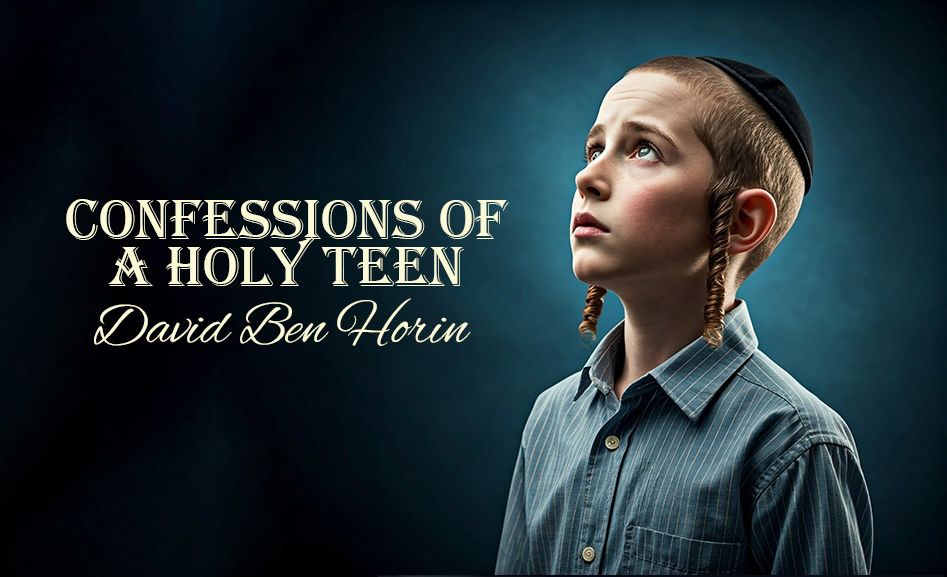
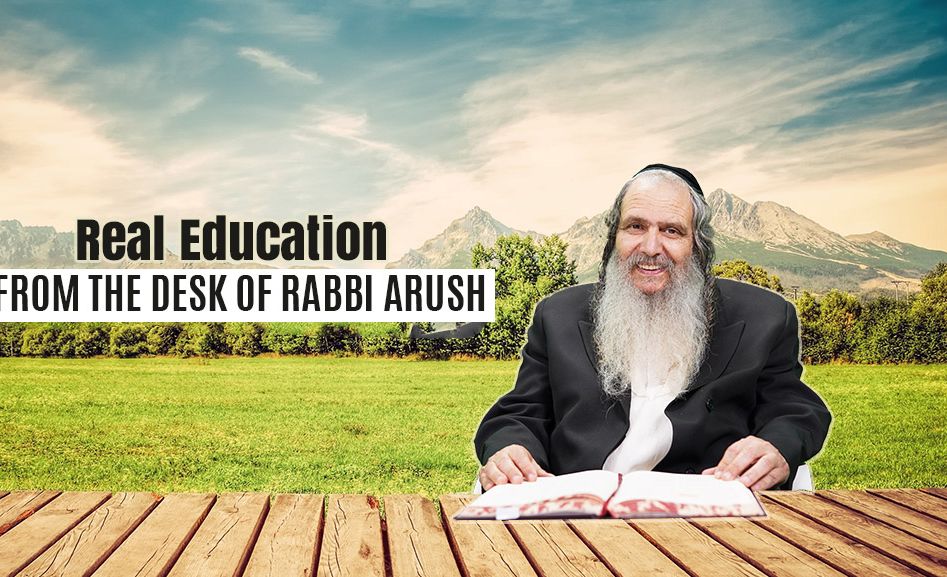
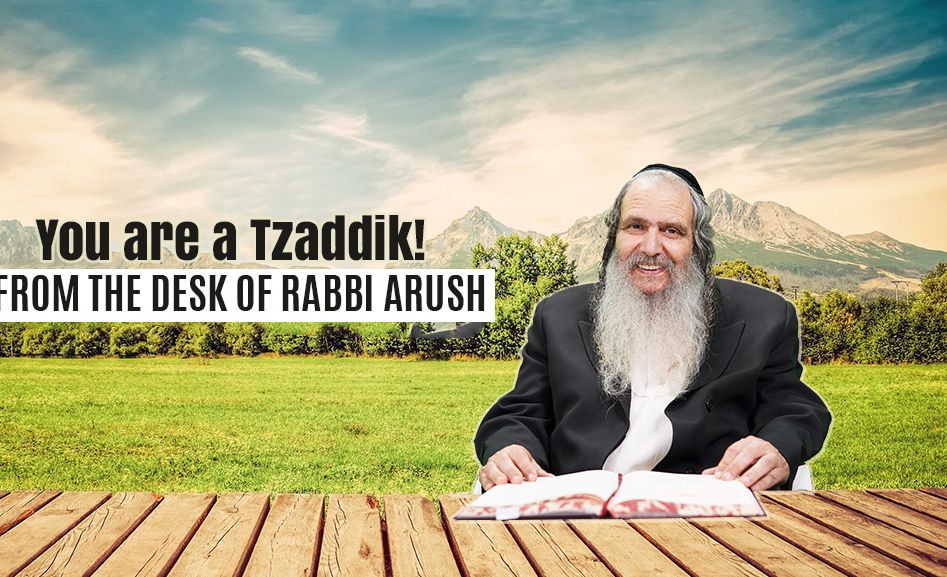
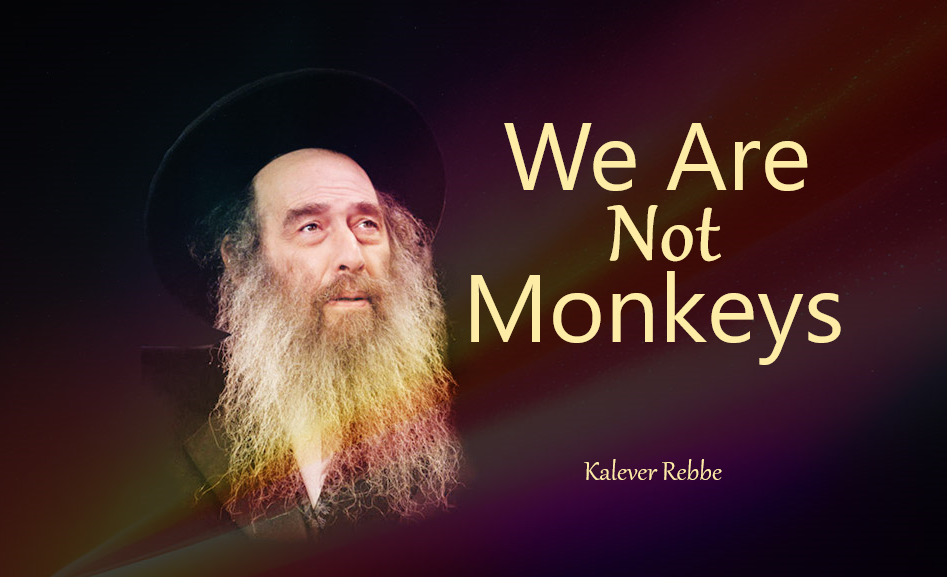


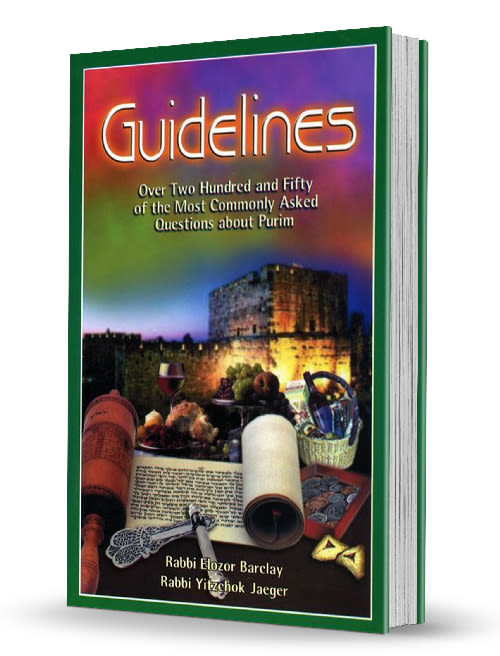



Tell us what you think!
Thank you for your comment!
It will be published after approval by the Editor.